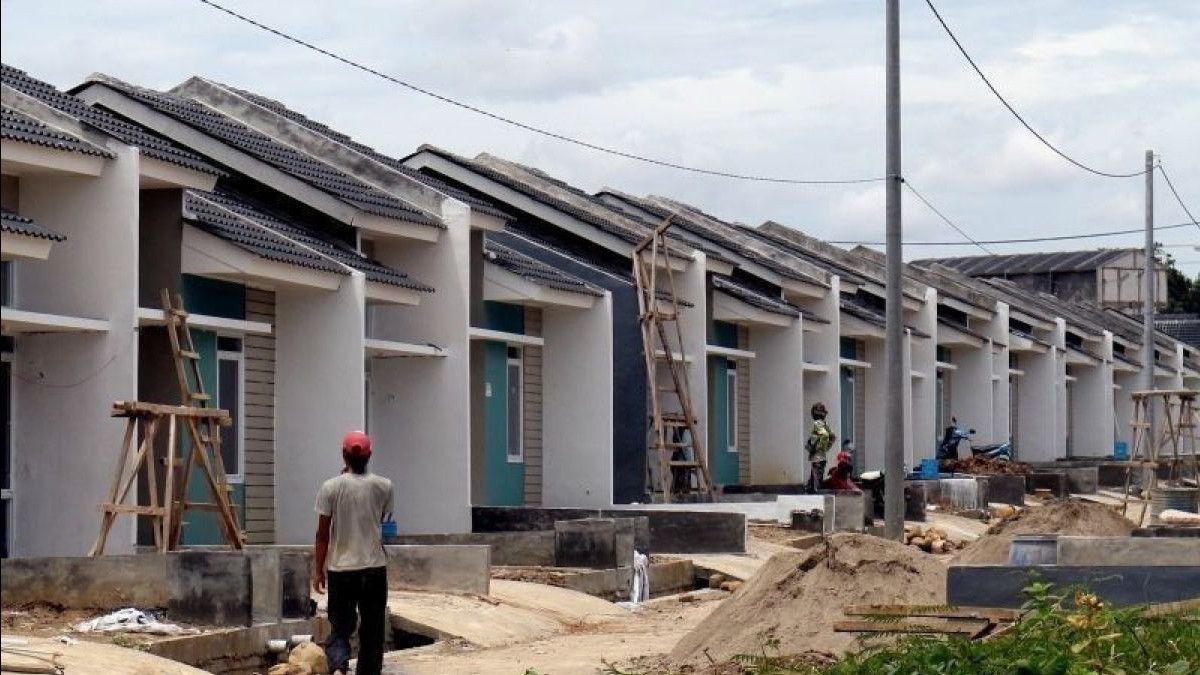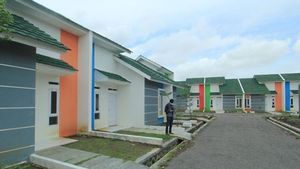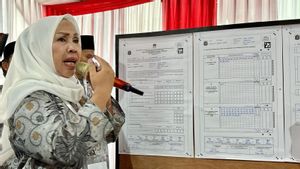JAKARTA - Economics Director of the Center of Economic and Lawa Studies (Celios) Nailul Huda assessed that the obligation to pay Public Housing Savings (Tapera) based on the results of economic simulations caused a decrease in gross domestic product (GDP) of IDR 1.21 trillion, which had a negative impact on the overall national economic output.
"The calculation using the Input-Output model also shows that the profit surplus in the business world has also decreased by IDR 1.03 trillion and workers' income has been affected, with a contraction of IDR 200 billion," he said in his statement, Monday, June 3.
According to Huda, this has led to reduced people's purchasing power and reduced demand for various types of business sectors.
Meanwhile, Executive Director of BELIOS Bhima Yudhistira said that the most significant effect could be seen in the reduction of labor, where this policy could lead to the loss of 466.83 thousand jobs.
Hal ini menunjukkan bahwa kebijakan iuran wajib Tapera berdampak negatif pada lapangan kerja, karena terjadi pengurangan konsumsi dan investasi oleh perusahaan, imbuh Bhima.
Bhima said that although there was a slight increase in net state revenues of Rp. 20 billion, this amount was very small compared to the economic losses that occurred in other sectors.
In addition, Huda also observed the impact as long as Tapera's policy was running, the housing backlog problem could not be solved. Even if it is pulled further into the Taperum model, the housing backlog problem is still unresolved.
The reason why backlog had experienced a decline was more due to changes in the style of young people who chose not to live in permanent residences or move from one rented house to another. " said Huda.
In the policy briefing published by CelIOS, there are at least 7 recommendations for Tapera improvements, among others. The first is to make changes so that Tapera savings are only intended for ASN, TNI/Polri, while formal and independent workers are voluntary.
Furthermore, the second is to encourage transparency in the management of Tapera funds including yield assessments from each instrument of fund placement. Third, by strengthening the governance of Tapera funds with the active involvement of the KPK, and BPK.
SEE ALSO:
Then the fourth is to increase people's purchasing power so that the increase in house prices can be balanced with an increase in the average income of the middle and lower class.
The fifth is controlling soil speculation which is the basis for extreme increases in residential prices. Sixth, lowering the mortgage interest rate, both fixed (fixed) and floating (floating) with banking NIM efficiency and monetary policy intervention of Bank Indonesia (BI).
Finally, by prioritizing Budget funds for Expenditure and State Revenue (APBN) for public housing compared to mega-projects that have a small impact on residential availability such as the State Capital (IKN) project.
The English, Chinese, Japanese, Arabic, and French versions are automatically generated by the AI. So there may still be inaccuracies in translating, please always see Indonesian as our main language. (system supported by DigitalSiber.id)
















